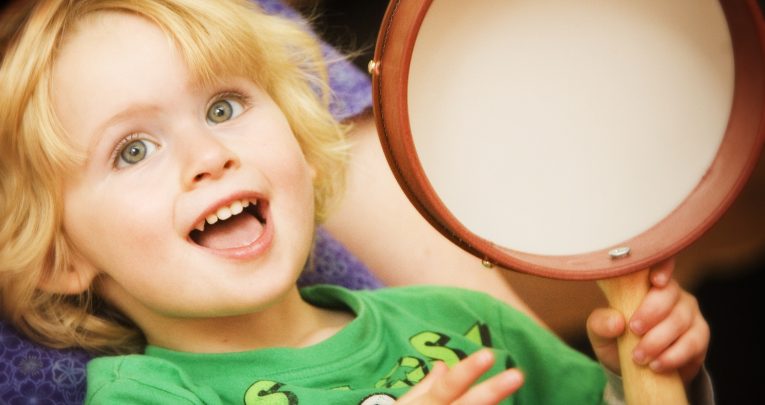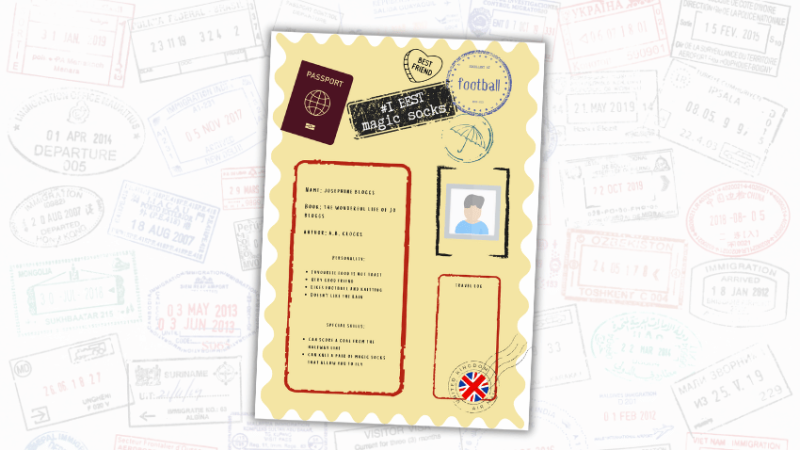Music Hubs Cash Injection Is Very Welcome, But Don’t Ignore The Early Years

Music for all is a great idea, but it’d be better if ‘all’ included preschool-aged children too.

- by Caroline Crabbe
- UK general manager for Jo Jingles franchise

It’s great news to hear that practical music teaching in England, delivered by a network of 121 hubs, is secure for another four years following the Government’s recent announcement of a cash injection of £300m.
This is a great relief to many industry educators, despite previous earlier concerns that music hubs were failing to make a decent enough impact on the quality of music education in schools. Removing the focus on music education would have a detrimental effect on the younger generation’s current and future educational opportunities. The important message here is that music should be accessible to all, not just the privileged few and hopefully this funding will go a little way to ensuring wider exposure to regular music education.
But what is a little frustrating amidst this positive step for music education in the UK is that there is still the issue of preschool-aged children who are currently excluded from this initiative.
For children aged five and over the extra funding will make a difference, but it pretty much ignores those below that age bracket, even though there has been masses of research to support the idea that children should be exposed to musical activities at a much younger age; ideally, from birth.
It is widely recognised that singing, combined with ‘active music-making’ can aid educational development in many areas other than basic musical appreciation. It is also understood that music benefits communication and speech, listening skills, physical development, balance and coordination and memory to name a few.
So it begs the question, why has the government limited this to the over five age group? Allocating budget for music education is an ongoing issue, but there should be a scheme in place which supports regular exposure to music from birth, because it’s something that should be encouraged and nurtured from a much earlier age.
Good music education is a fundamental part of a child’s early years learning and development; it provides the opportunity for children to develop stronger personal, social and emotional skills which are a vital ingredient for inspiring self-confidence and concentration and ensuring children are adequately prepared for the future. The transition from preschool to infant school is an important time in the early years’ development process. It’s quite fascinating to see that once ‘babbling’ toddler develop and grow into a little person, with their own opinions, ideas and conversations – not to mention a relentless thirst for learning.
Increased exposure to music and singing in advance of full-time education can really make a difference to a child’s development, helping them to hit the ground ‘sprinting’ when they start school. So should we be considering other ways to bridge the gap between music education in school and those yet to start? Then there is the development of speech and language skills – even focusing on nursery rhymes can help. It’s no great coincidence that popular nursery rhymes are quite repetitive – think about ‘Row, row, Row Your Boat’ or ‘Twinkle, Twinkle, Little Star’ – the repetition is key to this process of creating linguistic building blocks upon which little brains can start to make meaningful associations and melodic experimentations via simple rhythmic patterns. The use of repetition along with actions will help to inspire coordination, balance and speech development. Music is universal, it appeals to all cultures, all ages and all abilities. It’s also an important part of the preschool curriculum and it isn’t difficult to understand why. Listening to music and actively taking part in singing, dancing or playing a musical instrument are all important in stimulating a child’s learning curve and developing a range of physical and emotional skills which will benefit them now and later in life. Some people believe that exposing a child to music will increase their intelligence and although this is not absolutely scientifically proven, what musical activities and signing can do is to help develop the processes that will give a child the tools it needs to investigate the world. All of these skills will be developed and fine-tuned during their time at school so anything you can do to give them a head start before they start full time education, will do wonders.
Caroline Crabbe is general manager at Jo Jingles which has for the last 21 years been providing popular music, singing and movement experience classes for babies and preschool children from three months to five years of age.
With nationwide sessions in more than 700 centres across the UK and Ireland and with over 90 franchisees, Jo Jingles offers well-established, structured classes that are fun, interactive and educational for little ones. Jo Jingles Birthday parties and celebrations are also available to book and a range of musical-themed merchandise including toys, CDs and musical instruments can be purchased online.










